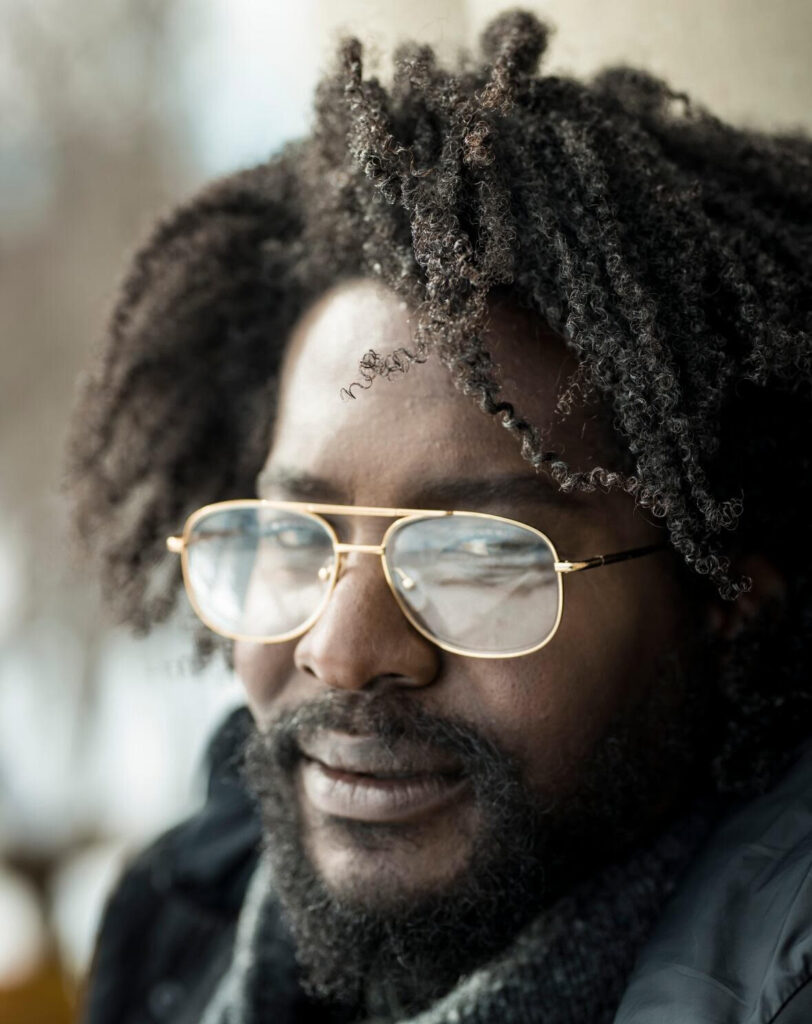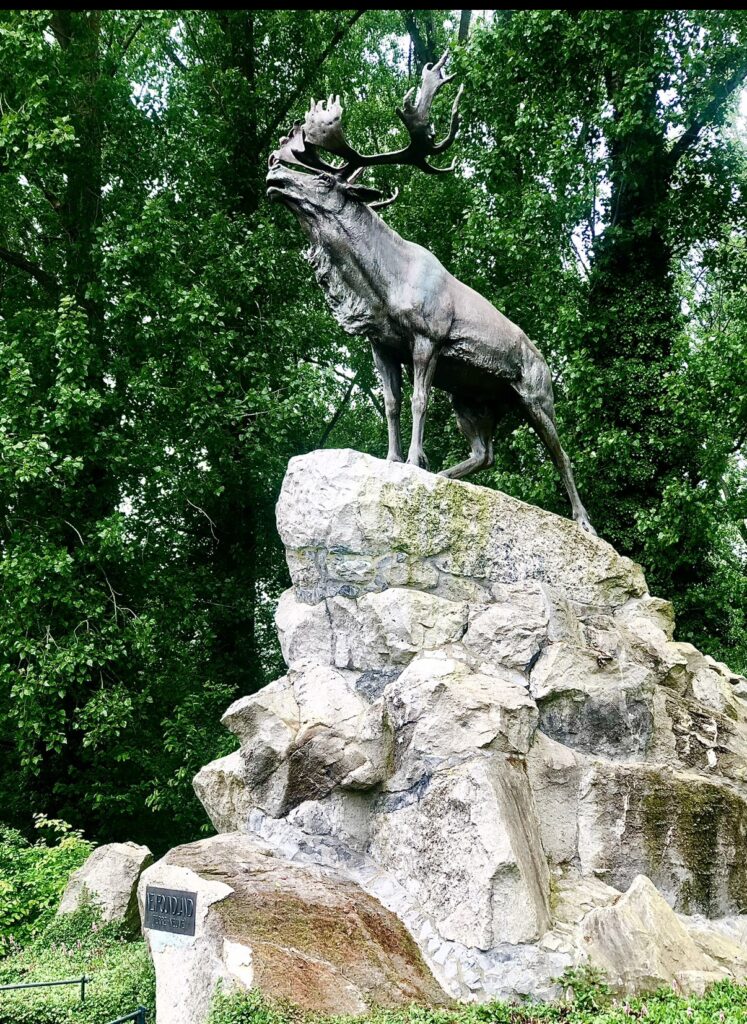Nico Paulo: Finding her way through music
April 2021
by Aditya Dev Bhatta
Can you tell us a little about yourself?
I was born in Toronto, [the] daughter of Portuguese parents, and moved to Portugal when I was two years old. I do not recollect anything from Toronto then. Grew up in a small town of Bombarral and only returned to Canada for the first time when I was 17 on a family trip for a couple weeks. The heritage of being from an immigrant family has always been present, exciting and colorful when it comes to understanding different places, the cultures within, and the experiences they bring out.
Since I remember myself I knew I would follow an artistic career, I found myself engaged in something related to music or visual arts very regularly. In high school I studied Arts, then Design in University in Lisbon and in Austria, and the move to Toronto happened right after graduating in 2014. Being solo in a new city definitely made me nostalgic and longing for my past, I was in my early 20s and It was sometime around then when I picked up the guitar and began writing my own music.
What first got you into music? Who was your first inspiration?
From a very young age I sang in choirs, small music festivals and musicals in my town. Formed my first cover band called Rose in high school and sang in other bands too around that time. Loved experimenting with my singing and remember being a kid and impersonating Celine Dion, Pavarotti, Cher, Nina Simone, Joss Stone, Cesária Évora, Françoise Hardy… to my family.
Later in my early teenage years I was super-influenced by what my older sister was listening to and was introduced to Mazzy Star, Jeff Bucley, Sade, and Coldplay.
When I started to write my own music I was in a phase of discovering Brazilian music introduced by a great friend of mine. I found myself really curious with the sounds and culture that came with it. It really fascinated me how the music in Brazil could give so much melody and simplicity to the heaviest, darkest lyrics. Gal Costa, Milton Nascimento, Jorge Ben, and the whole Tropicália Era really changed my perspective into music.
What is your creative process like? What elements do you feel are important to consider when making music?
I normally start a song with a melody, then explore some words and simple chords and will play that non-stop almost in a trance, it feels very meditative. I find my way around hearing and exploring usually in combinations that don’t stick to any particular academic way. To me it isn’t about any particular process, it is more to do with expression, creativity, instinct, and what is surrounding me at that moment that inspires and allows me to write and compose. I would say being patient is a good skill to have, but also being curious.
We learned that you recorded an album of yours from a live session with a band, which is quite different from the typical process of recording separate tracks in a studio. What was that like? Were there any reasons to take that unique approach?
Yes, we did that for my latest release Live at First Light. This EP came about as a result of the final project for my art residency with Lawnya Vawnya. There was absolutely no pressure to make an EP out of it. The plan was to release a couple videos only and so I initially was just inviting some friends to play with me and try out some songs, two originals, Warrior and Here, Home, and one cover, Wild Mountain Thyme. It took us a couple afternoons. I had the help of my talented friends Steve Maloney, Tim Baker, Adam Hogan, and Mary Beth Waldram, and we organized the songs and the instrumentation very smoothly. The recording happened at First Light with Michelle LaCour. We did it all in a day and it all felt very easy and smooth. Later, once we heard the recording we were excited about and it just felt right to release it online. It was a very spontaneous decision.
In these socially distanced times, how important do you feel it is to have an online presence? A lot of music artists have started performing online concerts as well as setting up live jamming sessions since the pandemic. Is there anything on those lines that you have done or have considered doing yourself?
It is certainly important but can be overwhelming at times. I have many artistic friends who have made good use of their platforms and kept people engaged in their activities and art. I have played a couple online shows last year, it was ok for me.
I try my best to be proactive on social media, If I’m out on a walk to a magical place around the bay or if I feel like sharing new art, new music, or just thoughts. Group chats feel more important, be it for friends or family, I like their privacy.
What is next for you? What are you working on currently?
I’m working on some new melodies and songs, planning a full length record to be recorded sometime this year here in town, and just managing all of it that comes with the newness of a project. I keep nurturing my Visual Arts and Designer life and am collaborating with a local musician on the creative direction for the new record that will be out sometime in the Fall. Also planning to play some shows around as things start to go back to normal.
Aditya Dev Bhatta is a web assistant here at Newfoundland Quarterly; he is also a commerce student at Memorial University.
Happy Easter! We’re taking a break this week, but we’ll see you back @nqonline after the holiday ☺



